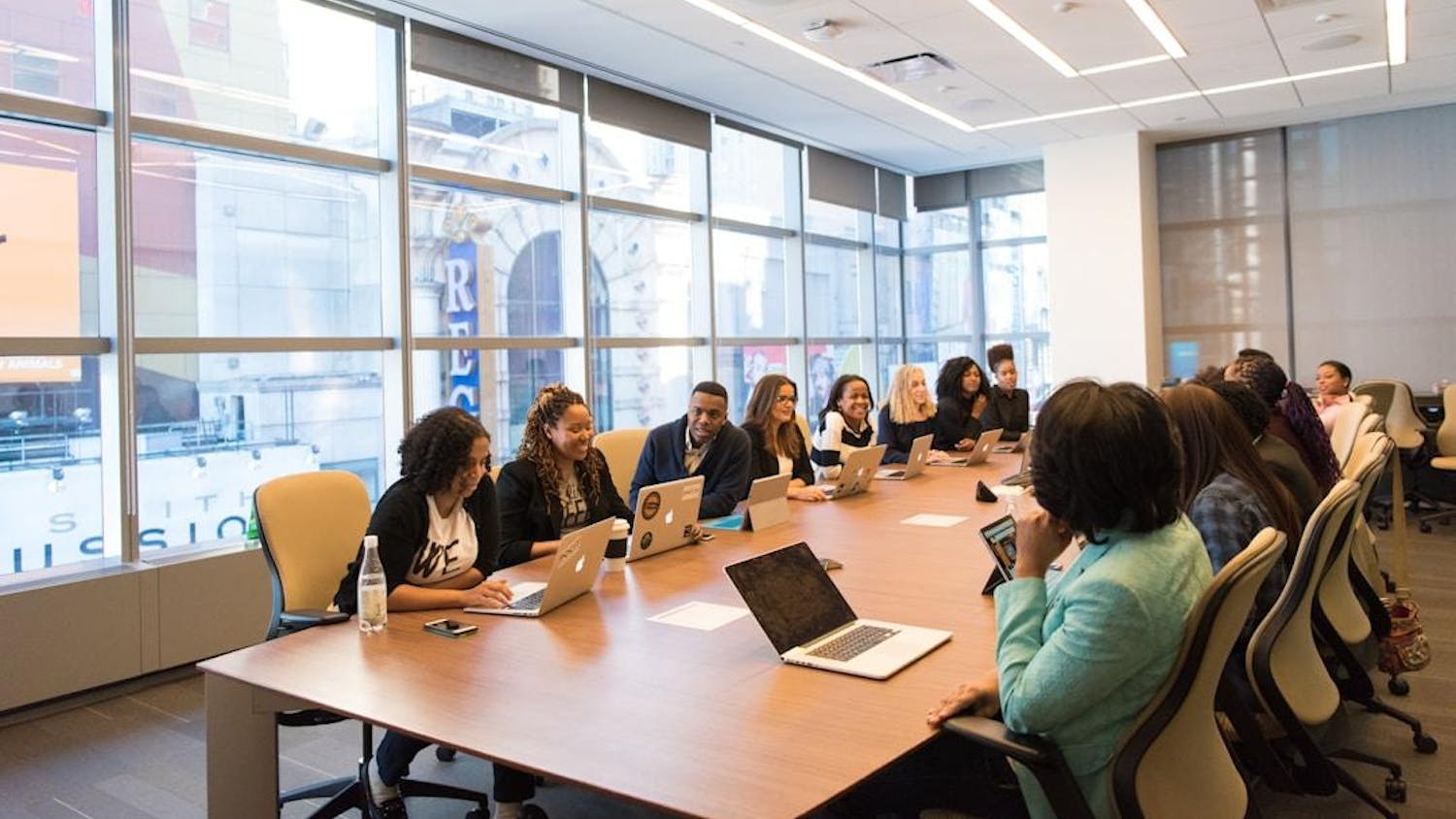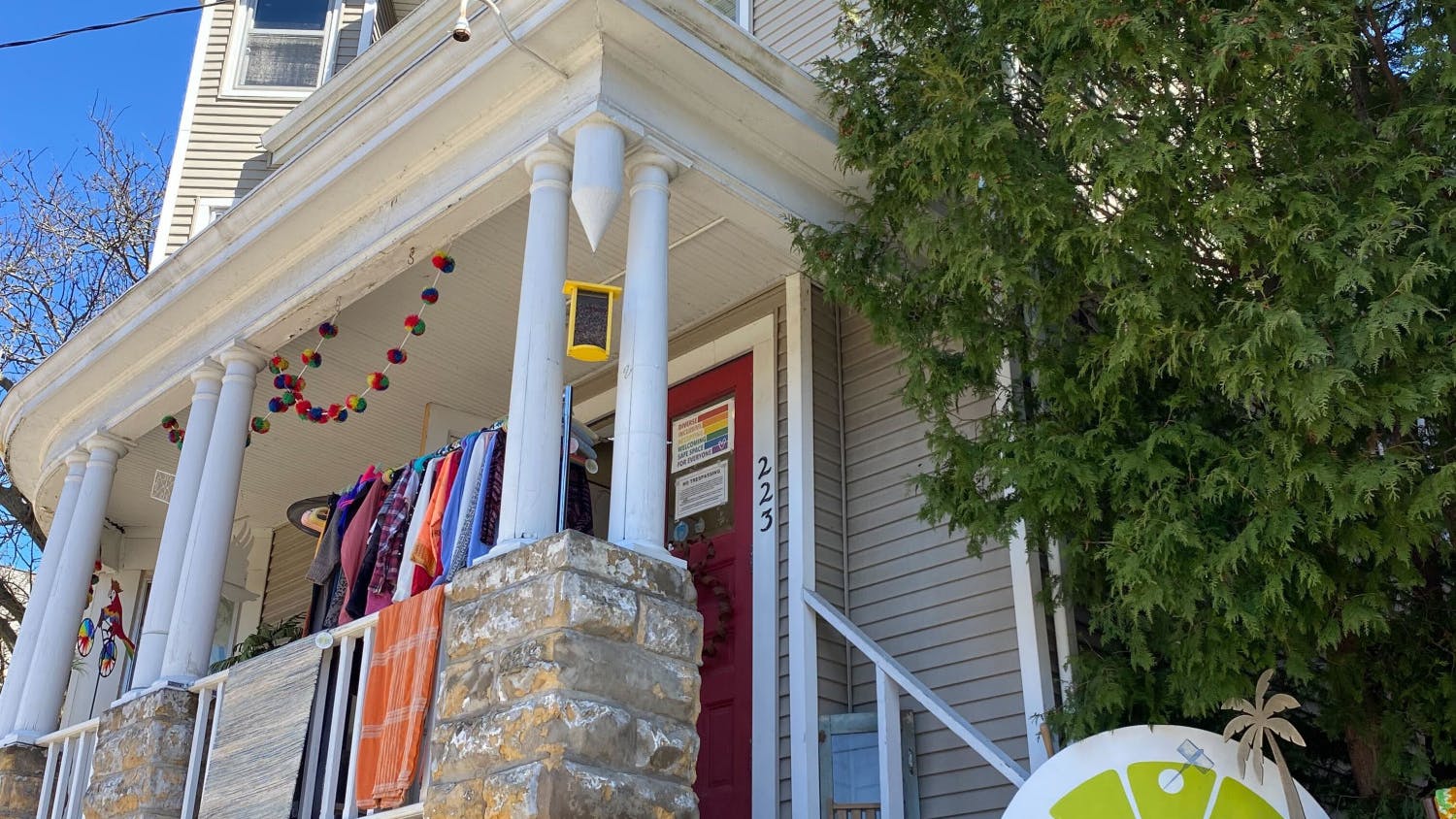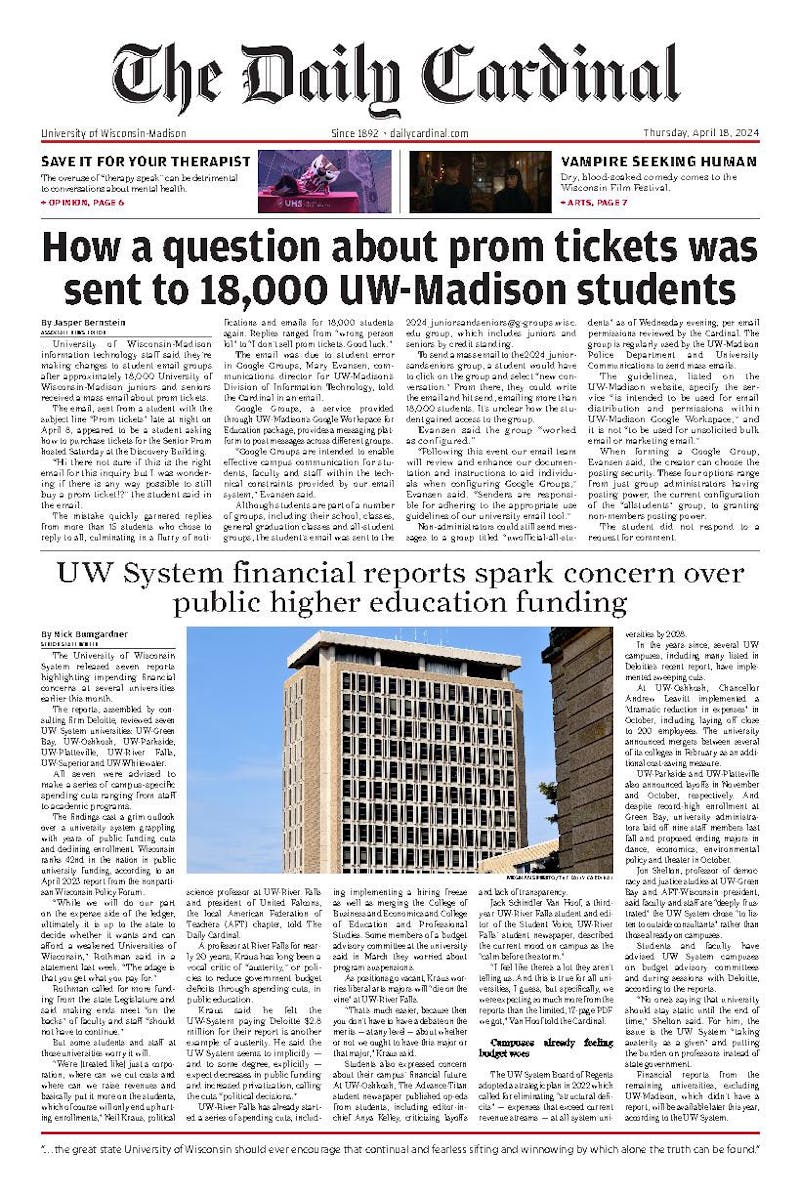I could use a second opinion. My parents called me yesterday to let me know that my grandpa passed away. It wasn’t necessarily unexpected, since he’d been struggling with health complications for about a year.
I originally thought that I’d have to fly back home to New Jersey for the burial, but my mom was explaining that the family was planning to cremate my grandpa’s remains. That really took me by surprise.
Everyone in our family has had a traditional burial so far, but, apparently, my grandpa didn’t want that. I know it’s his choice, but it seems pretty unconventional. Is cremation considered more acceptable now?
Believe it or not, your question beckons a brief historical explanation. Consider reading what Thomas Laqueur wrote about the subject in The Guardian. He explains that cremation was, in fact, the norm during the first century CE before then falling out of vogue as a result of changing social and cultural norms. Some people falsely assumed that cremation fell by the wayside as the direct result of Christianity’s rise, but Thomas debunks that myths early on. He admits that Christianity had its influence on how people perceived cremation and certainly reinforced existing notions about how we should treat the dead, but the religion alone is not responsible for undermining cremation as a legitimate form of human burial and memorialization.
People continue to debate the merits of cremation even today. Much of that has to do with the increasing trends we’re seeing nationwide. Times writer, Josh Sanburn, reported that cremations are now outpacing traditional burials in the US. His article describes how funeral homes during the 1980s rarely mentioned cremation unless it was explicitly referenced. Flash-forward to 2015 and, according to the Cremation Association of North America, 49% of recorded deaths resulted in cremation. That’s a massive increase from the approximately 10% of deaths that resulted in cremation during the 1980s.
Figures like those would definitely suggest that cremation has become more socially acceptable. And with that in mind, you should consider other aspects equally important when it comes to cremation. For instance, Cher Zavala at AgingCare went out of her way to highlight five essential differences between a burial and cremation service. While all of her pointers are likely to be salient, most people underestimate the impact of her first and final takeaways: (1) the flexibility of options and (2) the impact on grieving.
She explains that most cremations are almost entirely do-it-yourself (DIY) as opposed to traditional burials, which are typically managed by a third party (e.g., funeral homes). The grieving process is, of course, as nuanced as the individuals involved. However, some people don’t take into full consideration the fact that a cremation changes the nature of remembrance. In other words, electing for cremation instead of a traditional burial means that loved ones cannot necessarily visit a physical location to pay their respects. They instead focus attention and remembrance on the urn that contains the deceased remains of their former friend or family member.
If you find yourself worrying about the situation, you might consider exploring credible cremation services in New Jersey. Getting your parents involved might also be a good idea. There’s no telling whether or not they have what they need to make an informed decision. Fortunately, staff writers at Funeralwise already published an informative guide shows you how to choose a cremation service provider. The advice they share isn’t rocket science. First and foremost, you should check to see if the provider is recognized by the Cremation Association of North America (CANA), which sets specific standards for its members.
Other sounds strategies include paying visits to each cremation facility in question and asking for specific referrals. Consulting rating agencies and online customer reviews is also a great idea. You want as much information as possible, otherwise, you might run the risk of visiting a cremation service exclusively for pets rather than humans. The decision-making process isn’t likely to be quick, but it should be relatively straightforward if you keep these things in mind.
“What we once enjoyed and deeply loved we can never lose, for all that we love deeply becomes part of us.” - Helen Keller





